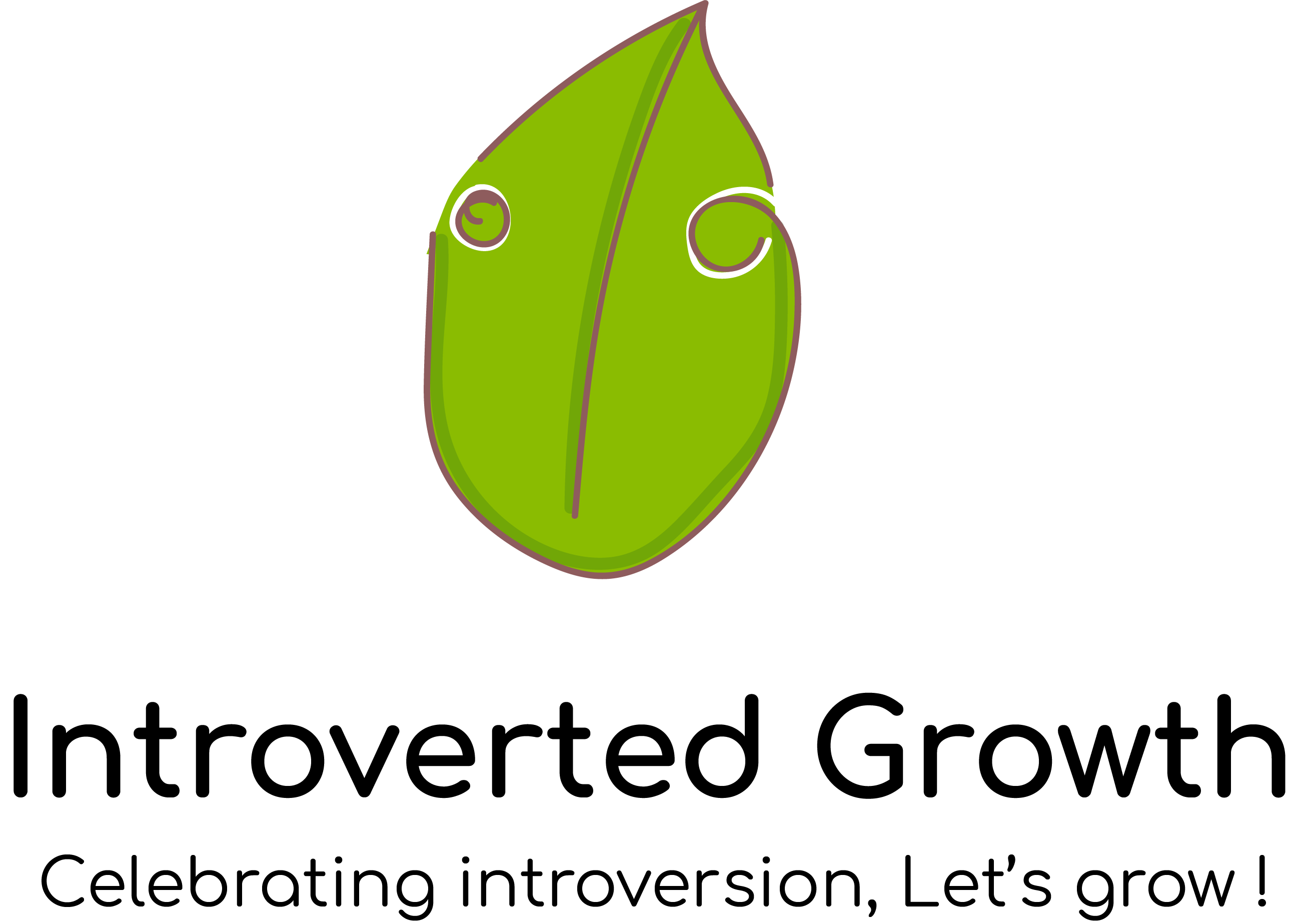Enneagram 2 comes in different shades. One such shade is the enneagram social 2. This article discusses this subtype and what you can expect from them.
So, let’s dive right in!
Who is the Social 2 Enneagram?
Enneagram 2 is in the heart triad. This means that they are focused on connecting with others and fulfilling their emotional needs. Social 2s is the embodiment of this.
Social 2s are the givers of the enneagram. They are compassionate and empathetic, and they often put the needs of others before their own. They are known for their generosity and willingness to help others.
While this is true, social 2s might come alive when they are around people that they care about. When this happens, they look more confident and expressive.
8 Signs That You’re a Social 2 Enneagram
1. You are a People Pleaser
Social 2s have a strong desire to please others and make them happy. They may put the needs of others before their own and have a hard time saying no when someone asks for help.
2. Emotionally Expressive Social
2s are naturally empathetic, and they have the ability to connect with others on an emotional level. They are in tune with the emotions of others, and are often the first to offer comfort or support.
3. Strong Sense of Belonging
Social 2s have a strong need for connection and belonging. They thrive in group settings and value their relationships deeply.
4. High Standards for Themselves and Others
Social 2s have high standards for themselves and others. They may feel guilty or ashamed if they don’t meet these standards.
5. Tend to be Overhelpful
Social 2s can be overhelpful, sometimes to the point of being enabling. They may have difficulty setting boundaries, and may even sacrifice their own needs to help others.
6. Emotionally Invested
Social 2s are emotionally invested in their relationships and the people around them. They care deeply about the well-being of others, and they may feel hurt or offended if they are not appreciated or acknowledged.
7. You are considered a Support System by Many
Social 2s are often viewed as a support system by their friends, family, and colleagues. They are known to be great listeners, and they offer comfort and advice to those in need. They are considered to be good listeners, supportive and friendly.
8. Highly Intellectual and Ambitious
Social 2s are known for their intelligence and ambition. They are often highly educated and have a strong desire to learn and improve themselves. They may set high goals for themselves and work hard to achieve them. They strive to become better versions of themselves.
Growth Tips for the Enneagram Social 2
1. Learn to set boundaries
If you find it hard to say no to others, it’s important to set boundaries in order to maintain your own well-being. Practice saying no and set limits on how much you are willing to give of yourself.
2. Take care of your own needs
Being an SO 2, you may be so focused on taking care of others that you neglect your own needs. Make sure to prioritize your own well-being and take care of yourself both physically and emotionally.
3. Practice self-compassion
Social 2s can be hard on themselves when they don’t meet their own high standards or when they feel guilty for not doing enough for others. Practice self-compassion and be kind to yourself.
4. Learn to express your emotions
Social 2s are naturally in tune with the emotions of others, but they may have difficulty expressing their own emotions. Practice expressing your emotions in a healthy way, through journaling, talking to a trusted friend, or a therapist.
5. Seek out supportive relationships
I know you thrive in group settings, but it is important to surround yourself with people who are healthy and supportive. Spend time with people who lift you up and make you feel good about yourself.
6. Seek out new challenges and opportunities
SO 2s are highly intellectual and ambitious, they should look for challenges and opportunities that push them to grow and improve themselves, whether it’s in their career or personal life.
CONCLUSION
Your Social variant brings many unique strengths and challenges to your relationships, work, and personal growth.
Remember to take this information as a tool to help you get to know yourself better, but also keep in mind that each one of us is unique and cannot be fully captured by a personality typing system.
With a focus on self-reflection, balance, and healthy relationships, you can continue to develop and thrive as an individual.




